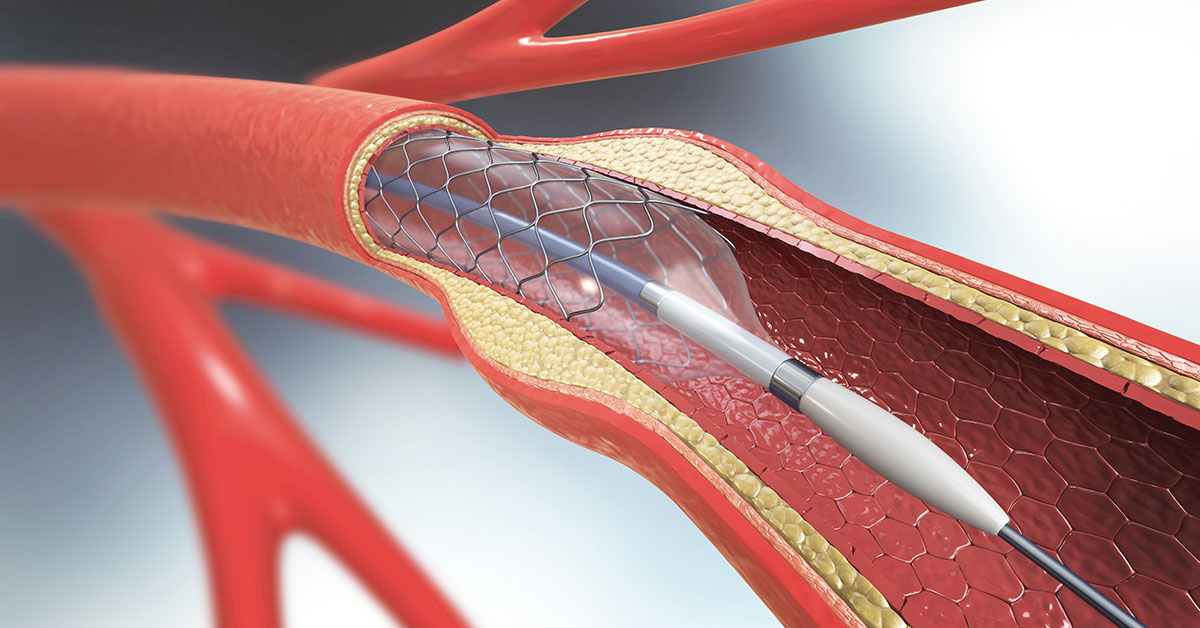
The brain is the control center for all bodily functions. For it to work effectively, it requires a constant supply of oxygen and nutrients; a task performed by our circulatory system. Among the major highways of this system are the carotid arteries, which play an important role in maintaining our brain health. But what happens when these passages become compromised due to disease? At Cardiovascular Specialists, we provide quality care for our patients with our comprehensive services, including carotid artery stenting. Read below for an in-depth look at carotid artery disease and the life-saving intervention technique of carotid artery stenting.
Carotid artery disease is a condition characterized by the buildup of plaques in the carotid arteries. These plaques, made up of fats, cholesterol, and other substances, narrow the arteries, thereby reducing blood flow to the brain. This disease affects millions worldwide, often leading to serious health complications if left untreated. With the brain depending on a constant supply of oxygen and nutrients carried by the blood, any disruption to this flow can lead to neurological deficits or, in severe cases, stroke.

Many people with CAD show no symptoms until the disease is advanced, making routine health checks with a heart doctor all the more essential. When symptoms do occur, they may include sudden weakness or numbness in the face or limbs, trouble speaking, dizziness, or vision problems. Risk factors for CAD range from lifestyle factors like smoking and a high-fat diet to genetic predispositions and underlying health conditions like diabetes or high blood pressure. If left unchecked, CAD can lead to serious complications such as transient ischemic attacks, or full-blown strokes. This highlights the importance of early detection and timely intervention in managing CAD. Regular cardiovascular examinations can be instrumental in recognizing the onset of CAD, even before symptoms start to surface.
Carotid artery stenting is a less invasive procedure to treat CAD, where a wire mesh tube is inserted into the carotid artery to keep it open and prevent blockages. This procedure is typically recommended for those with severe CAD, who have already experienced a stroke or transient ischemic attack. The stenting procedure usually takes about 1-2 hours, and patients may be discharged the same day or the next, with a recovery period of a few days to a week. With expert post-procedural care and guidance, most patients can expect a smooth recovery. It's also important for patients to adhere to their prescribed lifestyle modifications and medications to help ensure the long-term success following the stenting procedure.

Carotid artery disease, while potentially dangerous, can be effectively managed with early detection and intervention. At Cardiovascular Specialists, our dedicated team of cardiologists is committed to helping you navigate these health challenges and ensuring you enjoy a healthy, fulfilling life. If you experience any symptoms of CAD or if you have risk factors that concern you, give us a call. We’d be happy to answer any questions you might have and can also schedule an appointment with an experienced heart doctor.